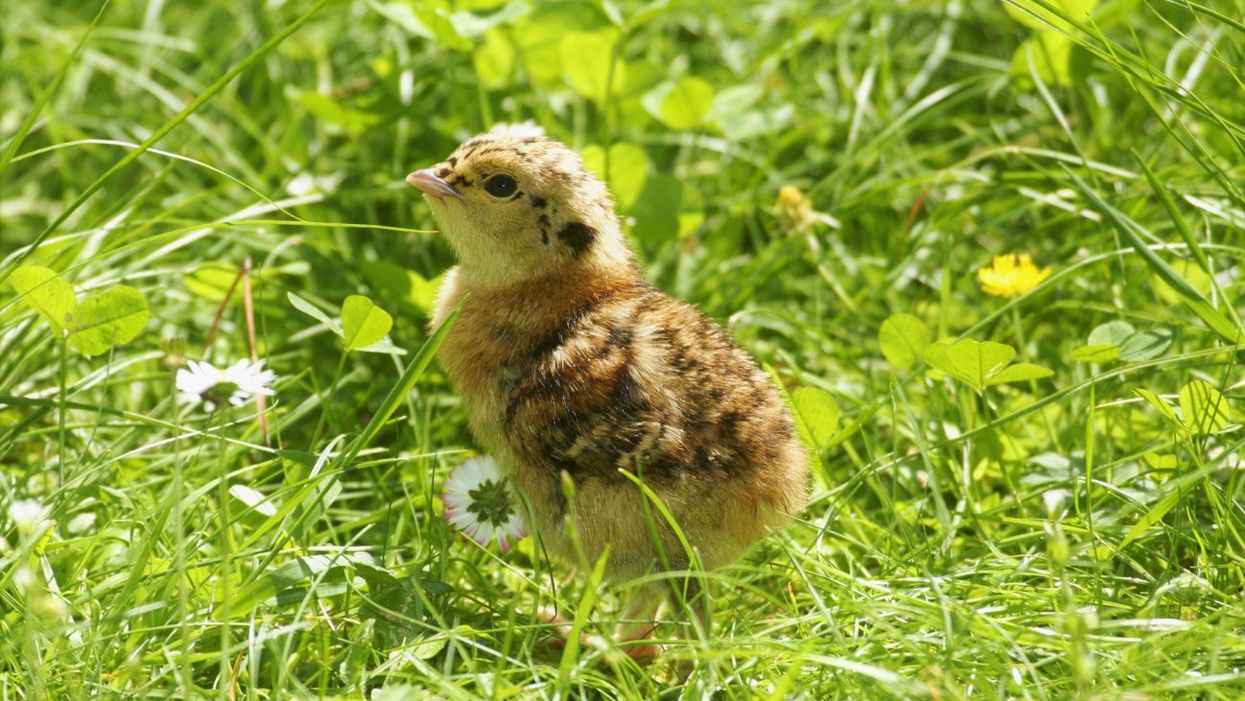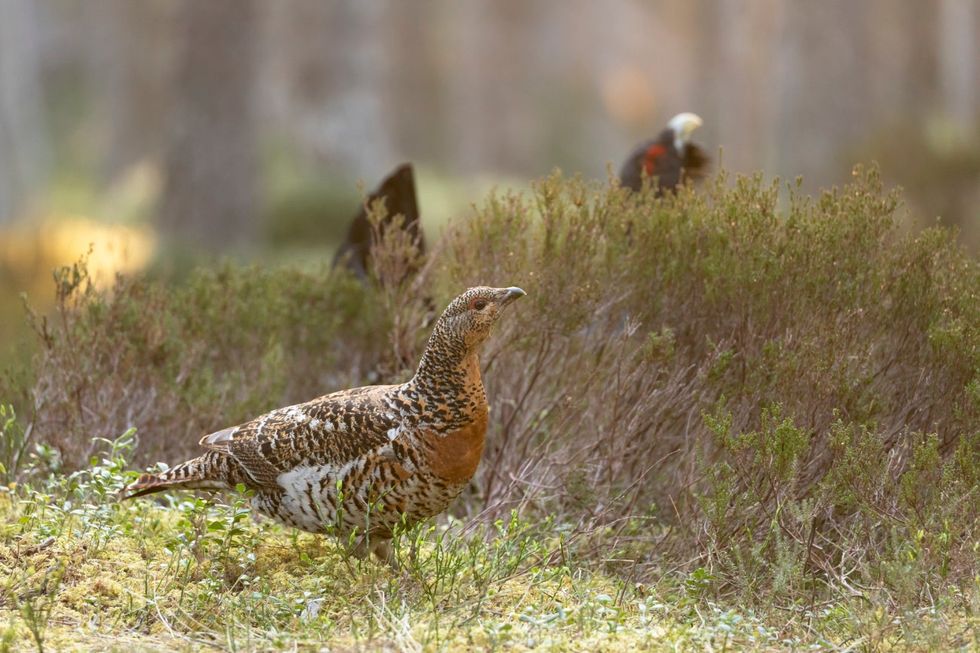
Dog-walkers are being asked to take care around the Cairngorms National Park this spring to allow capercaillie to thrive.
Park staff are encouraging residents and visitors to keep pets under control and asking walkers to be extra mindful of where they tread.
Capercaillie are a protected species by law, making it an offence to intentionally or recklessly disturb them while they are lekking, nesting or rearing their young.
A high percentage of the creatures in Scotland reside in the park.
Over 80% of Scotland’s small remaining capercaillie population now live in the pinewoods of the Cairngorms National Park and we’re so lucky to have them
Carolyn RobertsonCarolyn Robertson, Cairngorms Capercaillie Project manager, said: “This past year so many of us have been rediscovering the benefits of fresh air, great views and sightings of wildlife we might not previously have seen.
“As locals, we’ve been taking advantage of the amazing trails on our doorstep, and we’re looking forward to visitors returning to enjoy the National Park once restrictions ease.
“But this time of year is especially critical for the survival of ground-nesting birds like capercaillie and we all have a part to play in keeping them safe.
“Over 80% of Scotland’s small remaining capercaillie population now live in the pinewoods of the Cairngorms National Park and we’re so lucky to have them – but it also means we need to take extra care if we’re out in the woods not to disturb this striking bird, especially in spring when they are breeding.
“When capercaillie chicks are really young they can’t survive without their mothers and they may not regroup as a family after being scattered.
“But there are steps we can all take to ensure that we don’t flush and scare them, which will hopefully help the next generation of birds survive the season.”
Capercaillie gather in specific areas of pinewood to mate each spring and if the birds are disturbed they might not breed at all that year.
Steps taken by the Cairngorms National Park Authority (CNPA) to help protect capercaillie can also help other ground-nesting birds like curlew, dotterel or oystercatchers.
Adam Streeter-Smith, CNPA access officer, said: “Going for a walk with the dog keeps us moving and our canine friends happy – but although a dog might be well behaved and friendly, a capercaillie sees them as a threat and a predator.
“In pine woodlands, between April and mid August, please keep your dog on a lead when requested by signage.
“It’s extremely important that we follow the Scottish Outdoor Access Code so we know we’re always helping to protect the environment and wildlife we love.”














